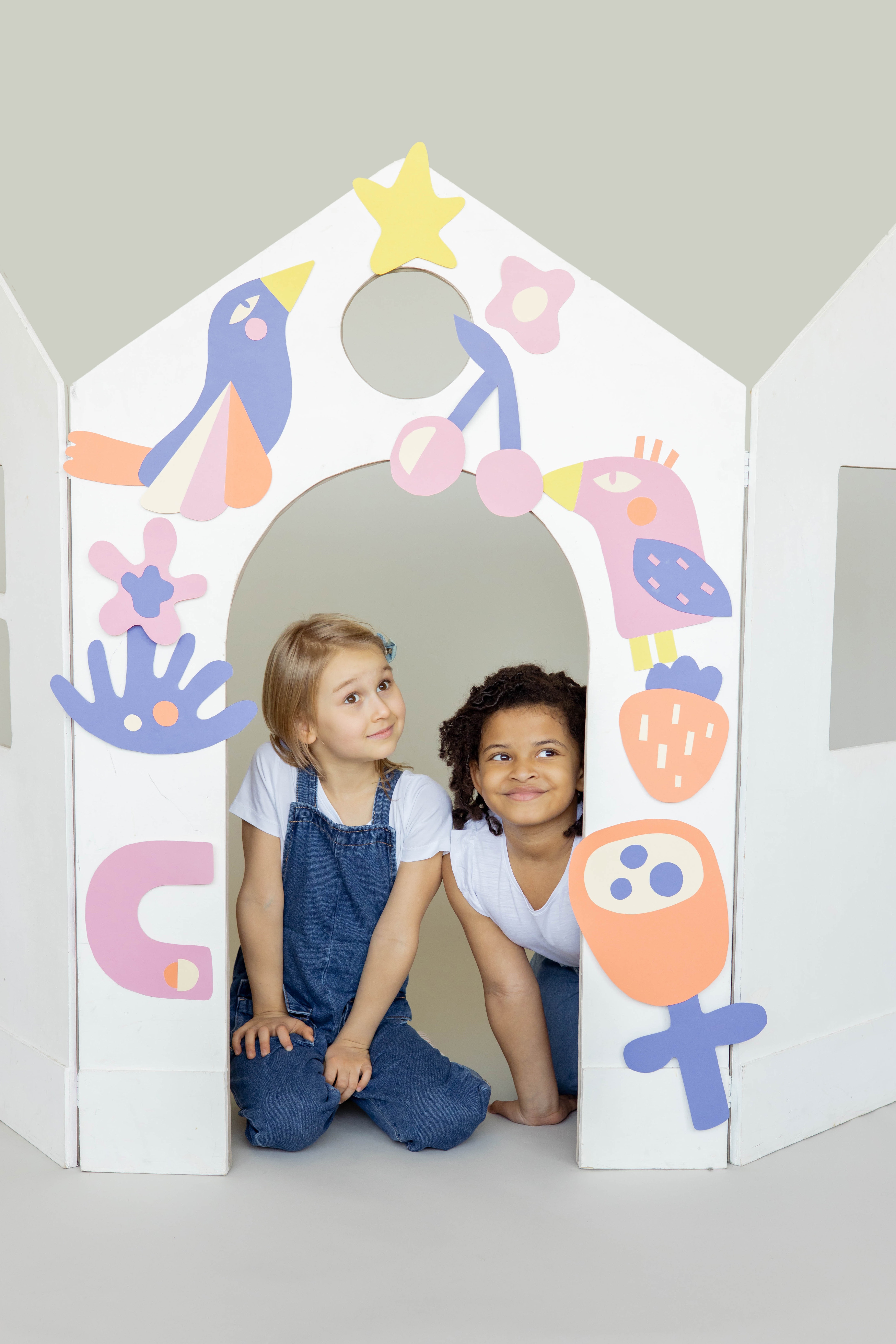Home educating kids is becoming a very popular option in the UK, and there are many benefits associated with it including the added flexibility of being able to tailor the curriculum and activities to your child’s strengths and needs. As it gets more popular, these will be even more support for excellent home educators, such as free printable maths colouring sheets that can provide a starting point to certain topics. However, before you embark on your home education journey, be sure to consider the crucial factors below.
Division of roles
First of all, when considering home education you must work out what will be included in your and your partner's roles. You may wish to split educational responsibilities across days or subjects according to what works best for your family. You’ll also want to consider whether you will split the responsibility of earning an income, or have one partner do all the teaching, and the other earning a wage.
Also, remember that home education can take up a great deal of time and effort, and that may mean that you will have less time and energy available for other things. For example, after tutoring the kids all day, you may wish to ask your partner to prepare and cook your family evening meal or complete the little one's bath time routine.
You time
Following on from the issue of dividing up roles in the home when educating your kids, you must make provision for some time when you don’t have all the responsibilities of childcare to deal with. This is because it's all too easy to fall into the trap of being a home educator, and completing all the other childcare that needs doing. Unfortunately, doing this for any extended amount of time is likely to lead to burnout.
With that in mind, agreeing on a time with your partner that you get to yourself each day is crucial. You may choose to exercise, read, take a long bath, or even catch up on the latest episode of your favorite TV, it's up to you, as long as you have some kid-free space.
Nap time
For those with younger kids doing preschool and early years education at home, nap time is still a pretty vital part of the day. With that in mind, you must create a space that is comfortable for a quiet, relaxing time when your children need it.
The good news is that by choosing multifunction furniture items such as one of these types of play couches you can create the perfect space for both playtime and sleep time. Indeed, there are many benefits to choosing a playcouch for your children including making sure they have a proper space for rest, as well as preserving your furniture in other rooms.
Meals
When educating your children at home, you’ll need to feed them properly as well. After all, there are no free school meals on offer! Your child will need both a good breakfast that will allow them to focus in the morning, as well as a healthy lunch that will provide them with enough energy to get through the afternoon. Many kids also need additional snacks to keep them going.
There are several ways you can approach meals when it comes to home education. One of the most time and cost-effective options is to cook larger portions of evening family meals and then serve leftovers the next day for lunch, which will save you considerable time. Snack stations are also a great idea and can be filled with items like fruit, crackers, and cheese snacks which kids can help themselves to during their breaks.
You may even want to include meal times in the lessons of your day. Indeed, growing, preparing, and cooking food are great opportunities to teach your little ones a variety of crucial subjects from lifecycles, to math, and home economics.
Socialisation
One of the biggest concerns for parents educating their children at home is that they receive enough outside socialization. This is because compared to children that are in the formal education system in the UK, home-schooled kids will interact with much fewer people including peers, teachers, and support staff.
Happily, there are plenty of options to provide your home-educated child with the socialization they need to thrive. One idea is to join a homeschool group, where parents and kids get together to allow students to work in groups on projects, learning to cooperate on a single goal.
Another option is to schedule some outside classes into your homeschool timetable. Indeed, the benefits of outside classes are not limited to interaction with other kids but also provide your child with the opportunity to do activities that you may not have the experience or equipment to facilitate at home such as specialist arts and crafts, performing arts like music and dance, and sports

